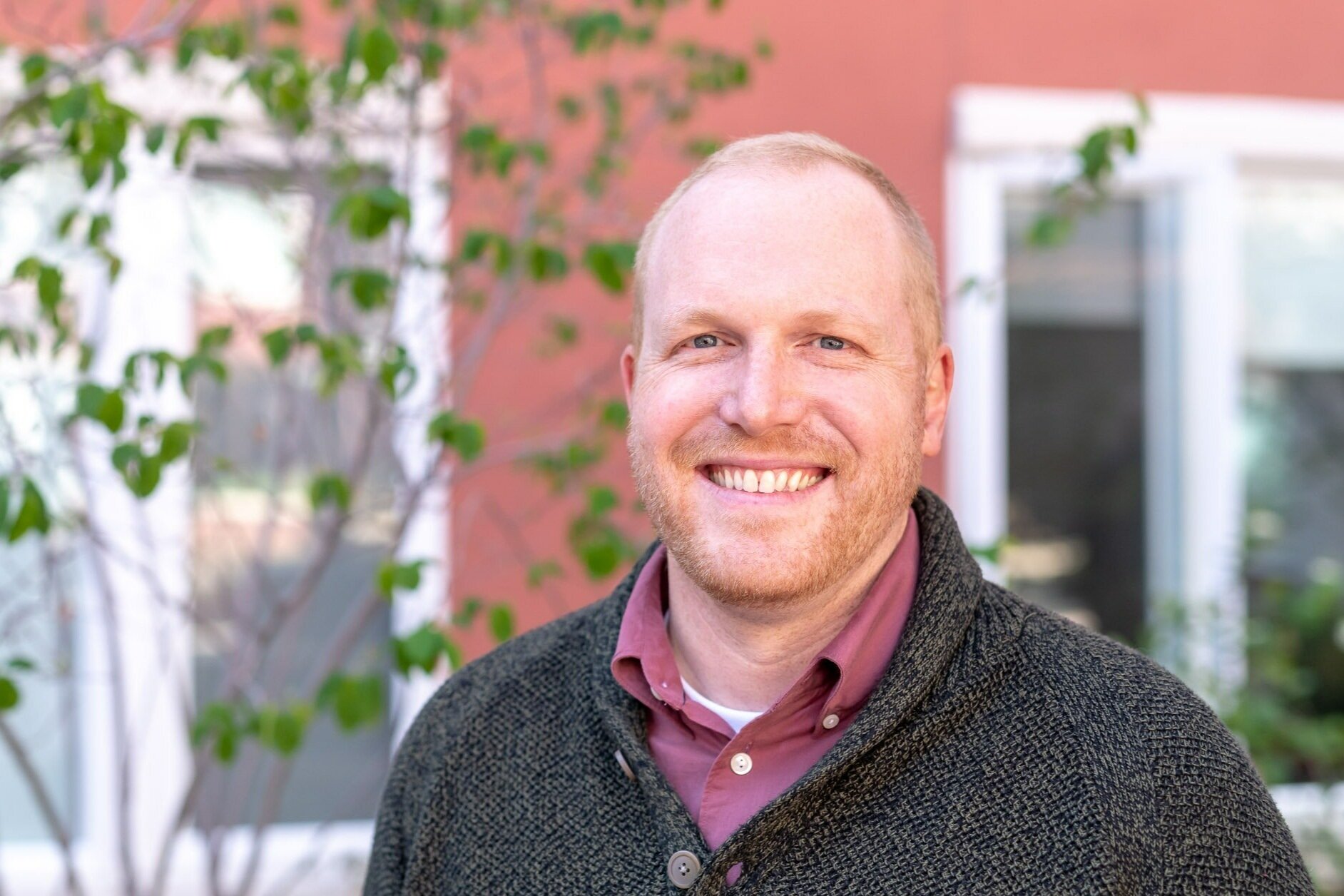
A bit about me
Personal interest
So what made me want to be a therapist? I get asked this a lot, so hopefully I’ve come up with a decent answer.
Well, I definitely wanted to be wise and understand people. Of course we all know that therapists get into therapy to heal themselves, and I eventually realized I was no different. But at first I was just intrigued. I had an image of being a bearded elderly man smoking a pipe (nicotine is evil and pointless, never touch it) who could give really good advice to the bewildered.
I was also drawn to the thought of being present with people who were going through tough times. I found myself wanting to be there for my friends and family when they were struggling, and I thought maybe I could be good at it. At that point, though, I had not yet been in my own therapy, so I had no idea what I was getting myself into.
Looking back on it, I feel extremely lucky that I bumbled my way into this profession. It’s turned out to suit me and be good for me in ways I had no idea about as I was applying to grad schools.
Graduate school
I ended up going to get my Doctorate at the Institute for the Psychological Sciences in Arlington, VA. Grad school is a fairly miserable ordeal, possibly designed to give each student every psychological disorder they will later treat in their clients. In any case, here I learned the basics of therapy, and gained a solid foundation in psychological theory and science. After the 6 years of grad school, however, I still didn’t have a central therapeutic model guiding how I worked with clients, and I was pretty darn green.
Training in ISTDP
After graduating from my Doc program, I heard about ISTDP from a colleague and friend. The more I learned, the more I was drawn to it. The theory was simple but profound, and the results were impressive. Most of all, it gave me a solid framework to make sense of the complicated problems clients presented with.
I entered and completed a three-year Core Training with David Wolff, a highly skilled and seasoned psychiatrist in Los Angeles. This training was so helpful in so many ways, but I think the very best part was the extensive, direct supervision on my videotaped sessions with clients. There are a lot of ways to hide in supervision, but not when your supervisor can see and hear every single thing you do in a session. This was painful and I hated it, but I am extremely grateful for the process.
I kept at it. I joined an advanced training with Patricia Coughlin, and received both individual and group supervision with yet more direct supervision of videotaped sessions. Through conferences and workshops, I was able to see how many of the masters of ISTDP worked with their own clients, and I began to develop my own style that felt natural for me.
Training in IFS
At some point I started hearing about this new form of therapy called Internal Family Systems. It sounded weird, and I wasn’t a fan.
I don’t have parts, I thought, I am unitary and indivisible! No I can’t really explain why I and my clients continually behave in obviously contradictory ways, but I don’t want to think about it! Also it doesn’t sound as cool as psychodynamic therapies!
I changed my mind. The more I learned about IFS, the more I began to see how much sense it made of inner conflicts, and how it could provide a deeper and more fundamental explanation for what made other forms of therapy work.
I entered my own IFS therapy, and then completed a Level 1 Training in IFS, which I found extremely helpful and even life-changing in how I related to my own inner system of parts. I began to use IFS with clients, and found that in many cases it provided a gentler and easier path that was just as effective as ISTDP.
My own therapy
I’ve had a lot of therapy. Honestly I kind of love it. At some point I’ll probably stop, but for the time-being its just so helpful, and I like my therapist, so why quit now?
I’ve had both good and bad experiences, from a profound and extended psychoanalytic therapy, to anxiety-provoking and overly intense therapies that made me feel significantly worse. Now I enjoy working with my IFS therapist on the lingering problem areas that I struggle with, as I gradually feel more and more at peace inside. It’s been a 14-year journey (so far), but I’m happy to report that therapy does in fact work.

